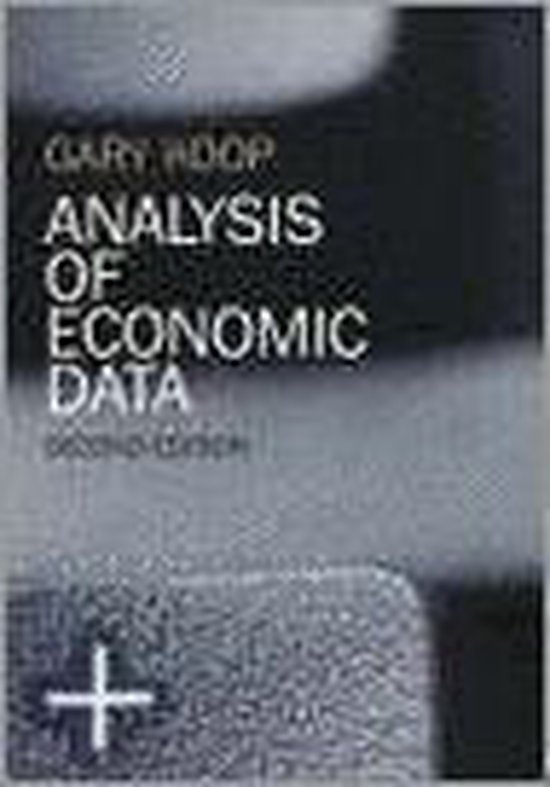Analysis Of Economic Data
Analysis Of Economic Data 2e
Maak tweedehands je eerste keus
- Tot en met 29 september 4=3 op alles
- Alle boeken zijn met de hand gecontroleerd
- 30 dagen retourgarantie
- Gratis verzending vanaf 4 boeken of 40 euro
- Op werkdagen voor 15:00 besteld, dezelfde dag verzonden
4=3 actie
nog 1 op voorraad
28,70

Analysis Of Economic Data
Beetje gebruikt
ISBN
9780470024683
Bindwijze
Paperback
Taal
Engels
Auteur
Uitgeverij
John Wiley And Sons Ltd
Jaar van uitgifte
2005
Aantal pagina’s
241
Waar gaat het over?
Lees verder
Recensies
